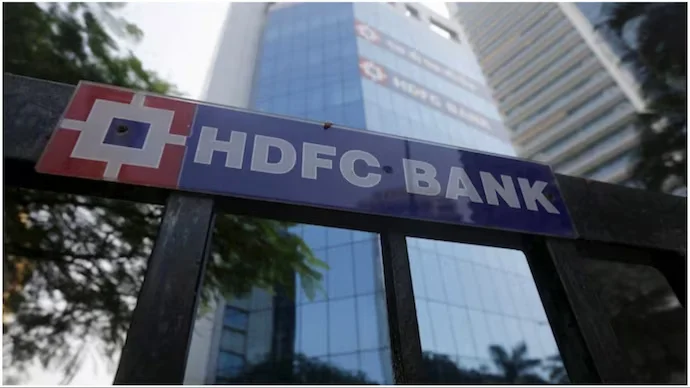Analyzing the 7% Drop in HDFC Bank Shares Despite Robust Q3 Profit Growth
HDFC Bank shares fell nearly 7 per cent in early trade even as the country's largest private lender reported strong profit growth in Q3FY24. Read on to find out why shares of the bank tumbled in early trade.

In a surprising turn of events, HDFC Bank witnessed a notable 7% decline in its share price, leaving investors puzzled, especially considering the bank had reported strong profit growth in its third-quarter earnings. This discrepancy prompts a closer examination of the factors that might have contributed to the unexpected drop.
1. Market Expectations vs. Reality: One of the primary reasons behind the decline could be a disparity between market expectations and the actual performance of HDFC Bank. Investors often build expectations based on analysts’ forecasts, and if the reported profits fall short of these expectations, it can lead to a sell-off.
2. Guidance and Future Outlook: Despite impressive Q3 profits, if HDFC Bank provided a cautious or conservative outlook for the future, it could have sparked concerns among investors. Banking stocks are sensitive to guidance regarding loan growth, interest rates, and asset quality, and any negative indications for the future can lead to a sell-off.
3. Operational Challenges: The bank’s operational performance beyond just profits is crucial. Rising expenses, deteriorating asset quality, or any operational challenges that came to light during the quarterly report may have overshadowed the positive profit growth, influencing investors to rethink their positions.
4. Macroeconomic Factors: The banking sector is highly susceptible to macroeconomic factors. Changes in interest rates, economic policies, or broader economic conditions can significantly impact banking stocks. If the broader economic landscape presented uncertainties or challenges, HDFC Bank’s shares might have been affected, despite strong quarterly earnings.
5. Industry Trends and Competition: Changes in the competitive landscape or shifts in industry trends could have played a role. If investors perceived that HDFC Bank might face increased competition or struggle to adapt to evolving industry dynamics, it could trigger a sell-off.
6. Market Sentiment and Global Factors: Market sentiment, influenced by both domestic and global factors, can sway investors. Global economic conditions, geopolitical events, or broader market trends might have contributed to the decline in HDFC Bank shares, even in the face of strong Q3 profits.
7. Unforeseen Events: Unexpected events, such as regulatory issues or legal challenges, can have a sudden and adverse impact on stock prices. Any unforeseen developments during or after the release of the quarterly results could have triggered the sell-off.
In conclusion, the 7% drop in HDFC Bank shares, despite robust Q3 profit growth, is likely a result of a combination of factors. Investors and market analysts will need to delve deeper into the specifics of the earnings report, scrutinize management statements, and stay attuned to broader economic and market conditions to gain a comprehensive understanding of this market movement.




